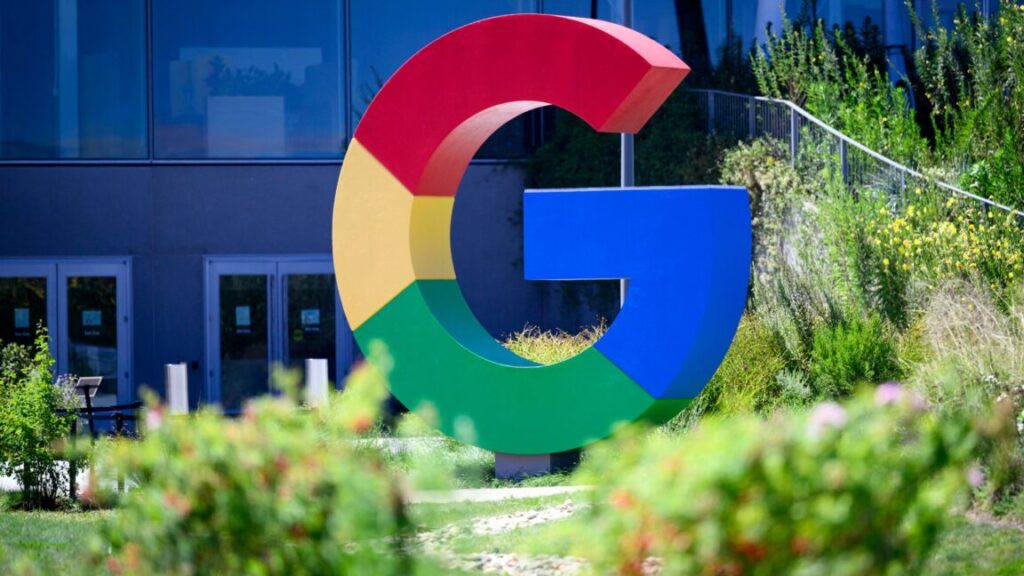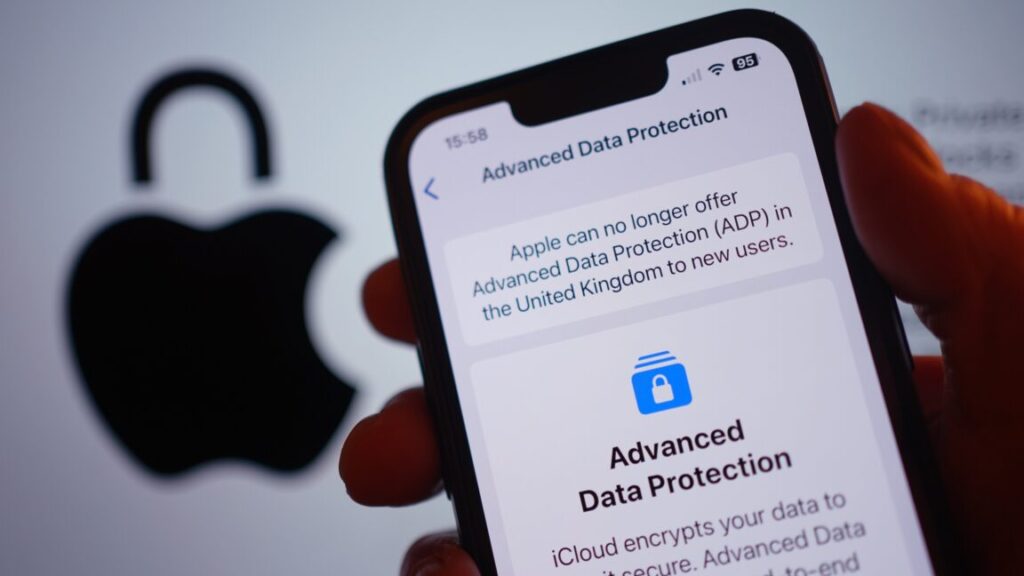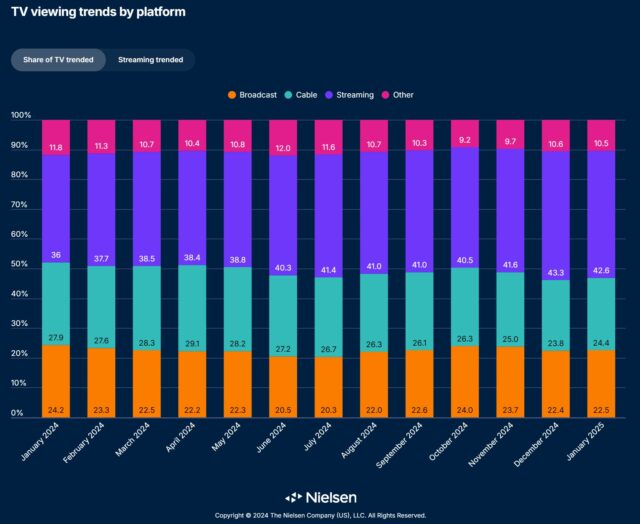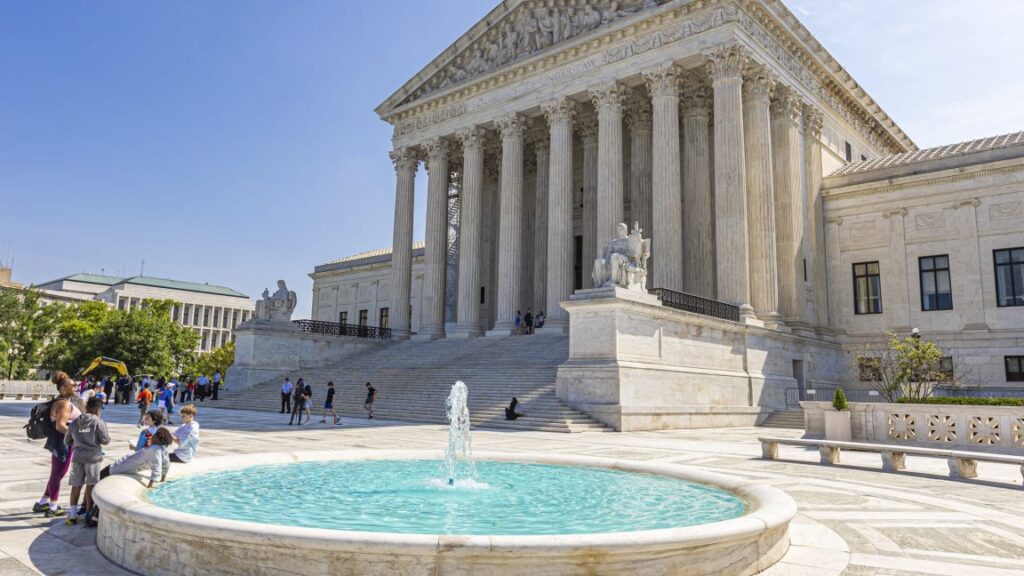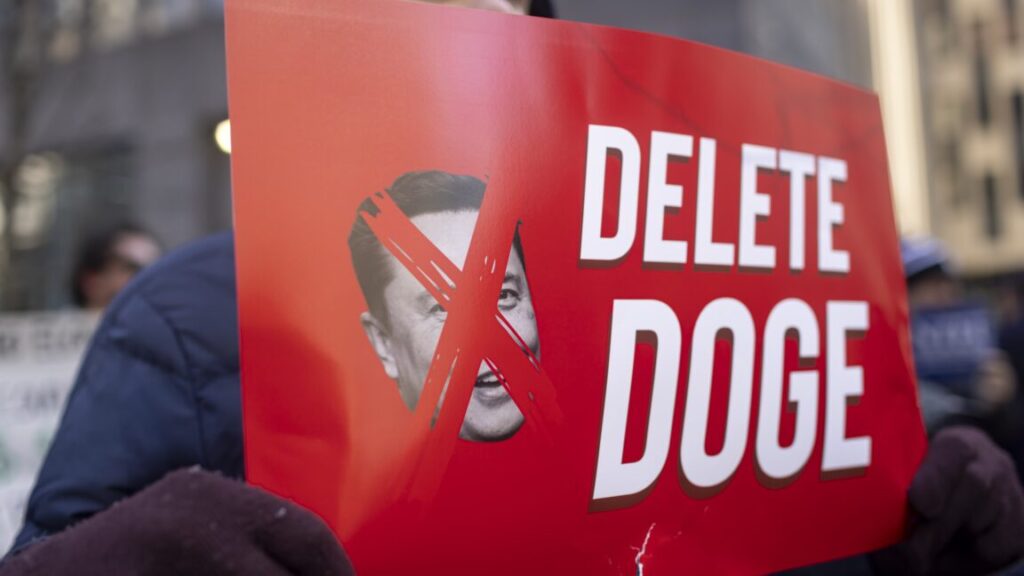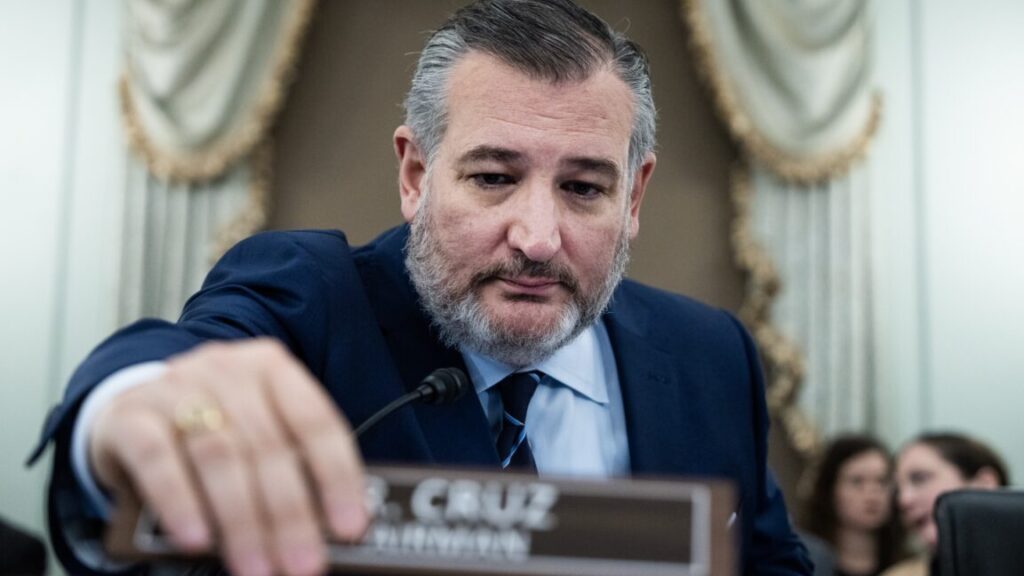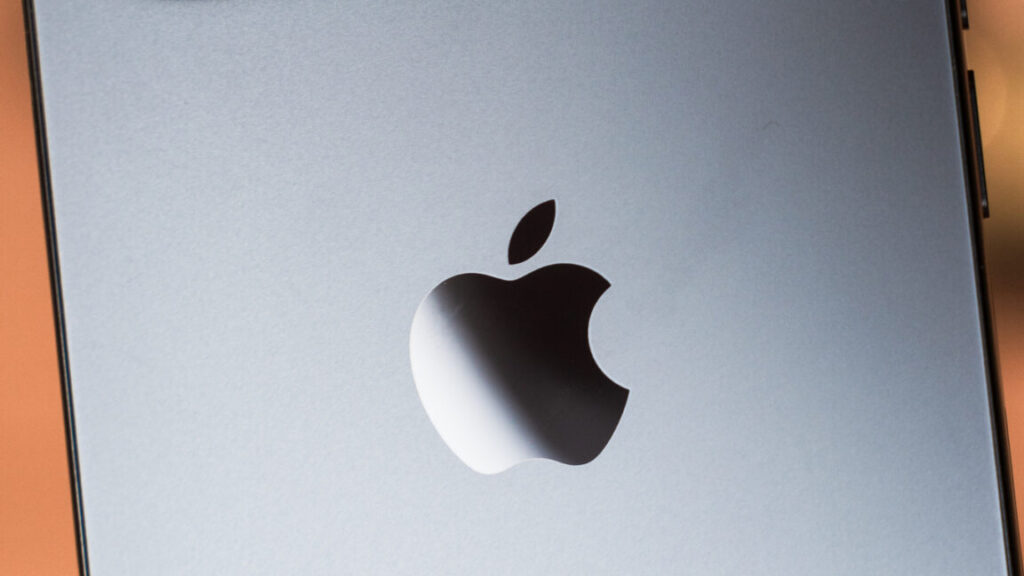Google tells Trump’s DOJ that forcing a Chrome sale would harm national security
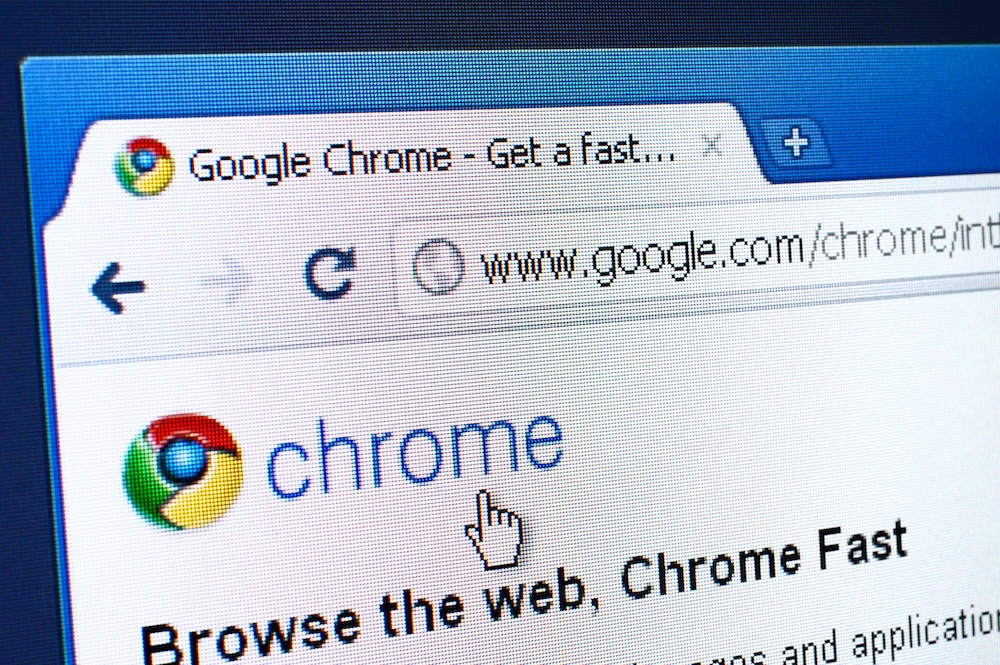
Credit: Getty Images
The government’s 2024 request also sought to have Google’s investment in AI firms curtailed even though this isn’t directly related to search. If, like Google, you believe leadership in AI is important to the future of the world, limiting its investments could also affect national security. But in November, Mehta suggested he was open to considering AI remedies because “the recent emergence of AI products that are intended to mimic the functionality of search engines” is rapidly shifting the search market.
This perspective could be more likely to find supporters in the newly AI-obsessed US government with a rapidly changing Department of Justice. However, the DOJ has thus far opposed allowing AI firm Anthropic to participate in the case after it recently tried to intervene. Anthropic has received $3 billion worth of investments from Google, including $1 billion in January.
New year, new Justice Department
Google naturally opposed the government’s early remedy proposal, but this happened in November, months before the incoming Trump administration began remaking the DOJ. Since taking office, the new administration has routinely criticized the harsh treatment of US tech giants, taking aim at European Union laws like the Digital Markets Act, which tries to ensure user privacy and competition among so-called “gatekeeper” tech companies like Google.
We may get a better idea of how the DOJ wants to proceed later this week when both sides file their final proposals with Mehta. Google already announced its preferred remedy at the tail end of 2024. It’s unlikely Google’s final version will be any different, but everything is up in the air for the government.
Even if current political realities don’t affect the DOJ’s approach, the department’s staffing changes could. Many of the people handling Google’s case today are different than they were just a few months ago, so arguments that fell on deaf ears in 2024 could move the needle. Perhaps emphasizing the national security angle will resonate with the newly restaffed DOJ.
After both sides have had their say, it will be up to the judge to eventually rule on how Google must adapt its business. This remedy phase should get fully underway in April.
Google tells Trump’s DOJ that forcing a Chrome sale would harm national security Read More »
